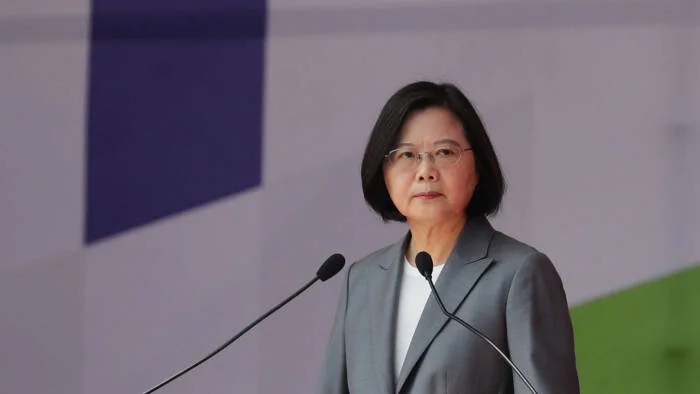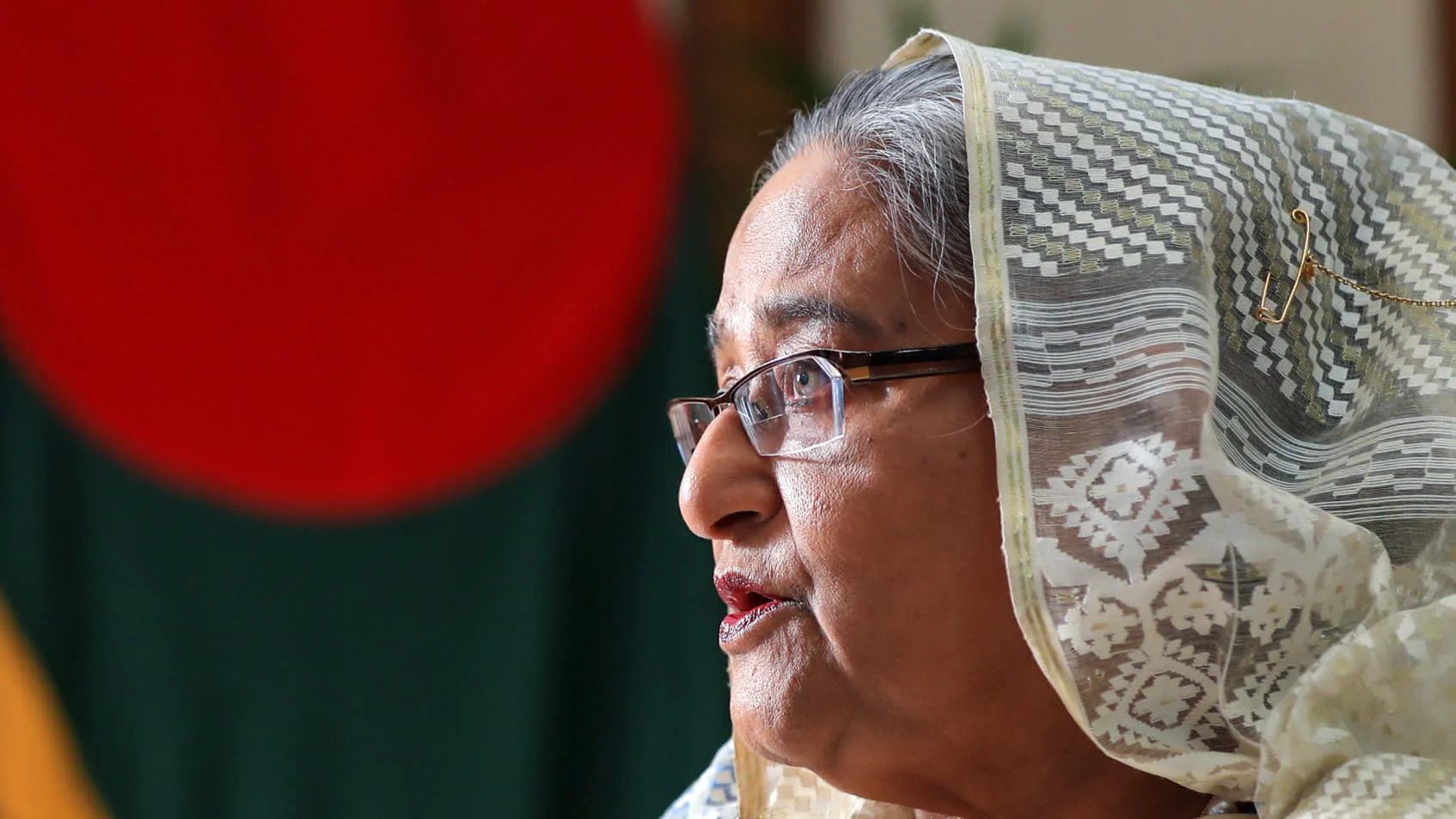Women Across the World Lead the Fight Against the Covid-19 Pandemic
Worldwide, lockdowns and restrictions on our daily lives have been in place for almost a year. Whilst some countries are now implementing mass-vaccination programmes, others still face high death tolls and the onslaught of the virus. Throughout the course of the pandemic, many have begun to take note of the varying national responses to the pandemic, namely the difference between those of countries run by male leaders compared with those led by women.
Take Taiwan as a prime example. Following the start of the Covid-19 pandemic, Tsai Ing-Wen wrote an article forTime Magazine in April 2020. The first female Taiwanese president described how “Taiwan is an island of resilience,” but recognized that the country’s success in fighting the virus is “no coincidence.” Furthermore, Ing-Wen noted that “the painful lessons of the 2003 SARS outbreak, which left Taiwan scarred with the loss of dozens of lives” prepared the country for any future epidemics. As a result, in January 2020, the Taiwanese government established the Central Epidemic Command Centre to set up prevention measures.
At the end of October 2020, Taiwan reached a record 200 days without any domestically transmitted cases of Covid-19. The country, led by Ing-Wen, has recorded just 842 positive cases of coronavirus since the pandemic began and only seven deaths. The country’s Centre for Disease Control does note, however, that although Taiwan appears to have stopped domestic transmission, it continues to record new cases as individuals arrive from abroad.
CNN called Taiwan’s response to coronavirus among the best globally, commenting on the country’s “world-class” health care system. Taiwan has also been praised for its “rapid and transparent” response to the pandemic, placing it in such a strong position that the country was able to donate 10 million masks to the United States, Italy, and a host of other nations.
Similarly, Jacinda Ardern, the Prime Minister of New Zealand, has been widely praised for her response to the pandemic. Many put Ardern’s success down to the country’s small population size, commenting that it is much easier to control a pandemic within an island nation. Nonetheless, when compared with a country of a similar population size, for example Ireland, her achievement is clear.
Germany by no means had an easy 2020. With a population of around 83 million and surrounded by borders, Germany should have been destined for disaster. However, Chancellor Angela Merkel, a scientist herself, has put data at the heart of her response to the Covid-19 crisis. With a strong “test and trace” programme a priority from the beginning of the pandemic, Germany has been able to maintain the balance between a thriving economy and safeguarding the population’s health.
Whilst women make up just 7 per cent of leaders worldwide, it has been widely suggested that countries led by women have responded better to the pandemic than those led by men. What attributes and policies have led to this trend?
Along with Ing-Wen, Ardern and Merkel, female leaders such as Finland’s Sanna Marin have been lauded by former IMF Chief Christine Lagarde for their response to the virus. Lagarde, now President of the European Central Bank, said that the policies adopted by female heads of state were proactive and their communication was clear. Ardern was praised for her transparency during the first wave of the pandemic, taking part in Facebook Live events to answer questions from the public. Often streaming in sweatshirts and traditional WFH attire, Ardern appeared relatable, friendly and sincere, whilst Boris Johnson held formal, lengthy and repetitive press conferences from Downing Street. Furthermore, research suggests that female leaders are more risk averse and willing to compromise economic growth in favour of protecting the health of their citizens. Ex-President Trump, for instance, refused to implement a national lockdown in the USA in order to prioritise the economy. These traits result in female leaders having a style of leadership that is more empathetic and science-based, compared to those of their male counterparts.
Whilst the United States made history in January when Vice-President Kamala Harris was inaugurated as the first woman to take office in the White House, there still seems to be a great way to go before equality in senior political office is reached. Having witnessed the strength and humility harnessed by powerful females across the world, perhaps more young women will feel empowered to share their political voice.
Lily Squires is currently reading Modern Languages at University College London, UK, graduating in July 2021. After which, Squires is hoping to join the world of journalism, promoting social and political change with her writing.












